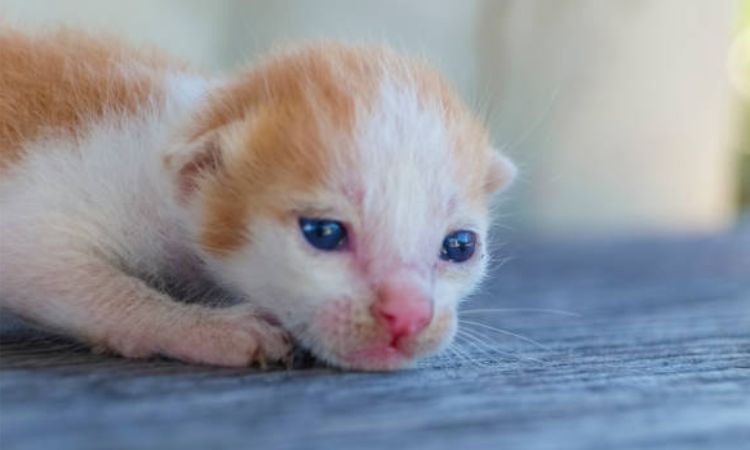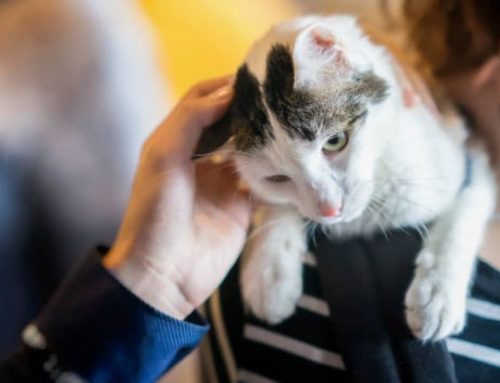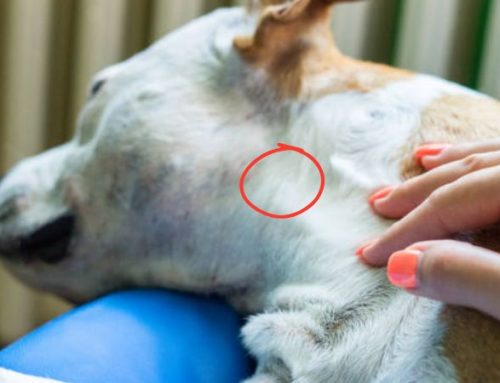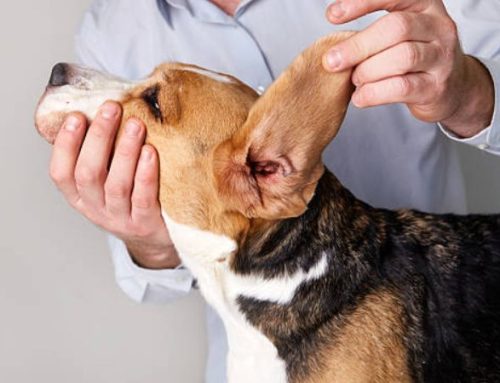Bringing a tiny kitten into your home is an exciting experience, but it also comes with many questions about their care and development. In the first few weeks of life, kittens go through incredible changes—from opening their eyes to taking their first wobbly steps. Curious about when your little furball will start seeing the world and walking on their own? Nexus-pets has all the answers you need.

Kitten Eye Opening Timeline
Most kittens begin opening their eyes naturally between 7 and 14 days of age, although the exact timing can vary depending on the individual kitten and other factors. Initially, their vision is limited, and their eyes may not open fully at the same time. Over the following week, eyesight gradually improves, with both eyes typically fully open by around two weeks of age.
It is crucial not to force a kitten’s eyes open, as this can cause serious injury or increase the risk of infections such as conjunctivitis. Instead, allow the eyelids to open on their own and ensure the kitten is kept in a clean, warm, and safe environment to support healthy eye development.
To protect their delicate eyes, keep kittens away from bright lights and, if necessary, gently clean any crust or discharge with a warm, damp cotton ball—never use soap. If the eyes remain closed beyond three weeks or show signs of swelling or worsening discharge, contact a veterinarian promptly.
Kitten Walking Milestones
2–3 Weeks Old – First Movements
Kittens typically begin attempting to walk around 2 weeks of age, though some may start wobbly movements slightly earlier. At this stage, their legs are still weak, and balance is poor, so crawling and scooting on their bellies is common. Kittens rely heavily on their mother or littermates for warmth, guidance, and support while learning to coordinate their limbs.
End of the Third Week – Improved Coordination
By the end of the third week, kittens’ muscle strength, balance, and coordination improve rapidly. They start walking with more stability and begin interacting with littermates through playful activities like gentle pouncing or chasing. This early exploration helps refine both their motor skills and social behaviors, laying the foundation for confident movement.
4 Weeks Old – Confident Walking and Play
Around 4 weeks of age, kittens become much more confident on their feet. They can walk steadily, climb small obstacles, and begin practicing jumping. Playful behavior increases significantly—they chase each other, pounce on toys, and explore their surroundings under supervision. This stage is crucial for developing agility, coordination, and socialization skills.
5–6 Weeks Old – Active Exploration and Mastery
By 5 to 6 weeks, kittens are walking, running, and playing actively. They can navigate small obstacles, practice stalking behaviors, and strengthen fine motor skills through interactive play. At this stage, kittens are also learning essential life skills, including litter box use and basic grooming.
Tips for Supporting Walking Development
- Provide a safe environment free from hazards while kittens explore.
- Encourage gentle play to build coordination and confidence.
- Monitor for any difficulties walking or imbalance, and consult a veterinarian if issues persist.

Care Recommendations
Caring for newborn kittens requires attention, patience, and gentle handling to ensure they grow up healthy and strong. Here are key recommendations:
- Protect Their Eyes from Bright Light: Young kittens are born with closed, sensitive eyes that are still developing. Exposure to strong or direct light can irritate or even damage their vision. Keep their sleeping and play areas dimly lit during the first weeks and avoid sudden bright lights.
- Maintain Cleanliness to Prevent Eye Infections: Newborn kittens are vulnerable to bacterial or viral eye infections, which can lead to crusty eyelids or delayed eye opening. Regularly clean their bedding, living areas, and faces using a warm, damp cloth or cotton ball. Never use soap or harsh chemicals on their eyes. If you notice persistent discharge, swelling, or crusting, contact a veterinarian immediately.
- Avoid Forcing Developmental Milestones: Kittens naturally progress at their own pace. Never force their eyes open or push them to walk before they are ready, as this can cause injury or stress. Patience is essential—allow their eyes, mobility, and coordination to develop on their own schedule. Gentle handling, proper warmth, and adequate nutrition will support healthy growth.
By following these care recommendations, you provide newborn kittens with a safe and nurturing environment, helping them reach each milestone naturally and thrive into healthy, happy cats.
A kitten’s first few weeks are a time of rapid and fascinating development. From the moment they begin to open their eyes at around one to two weeks old, to taking their first wobbly steps at three weeks, each milestone is a small victory. By observing these early stages, you’ll gain a deeper appreciation for the incredible journey of a kitten growing into a confident, playful cat.






